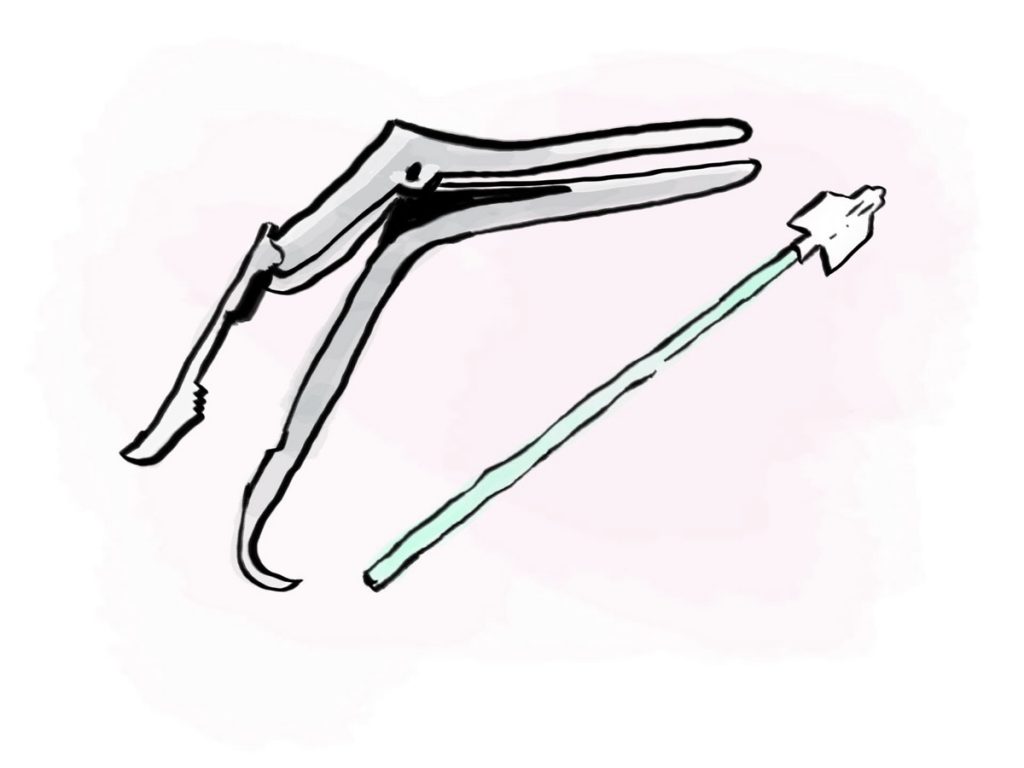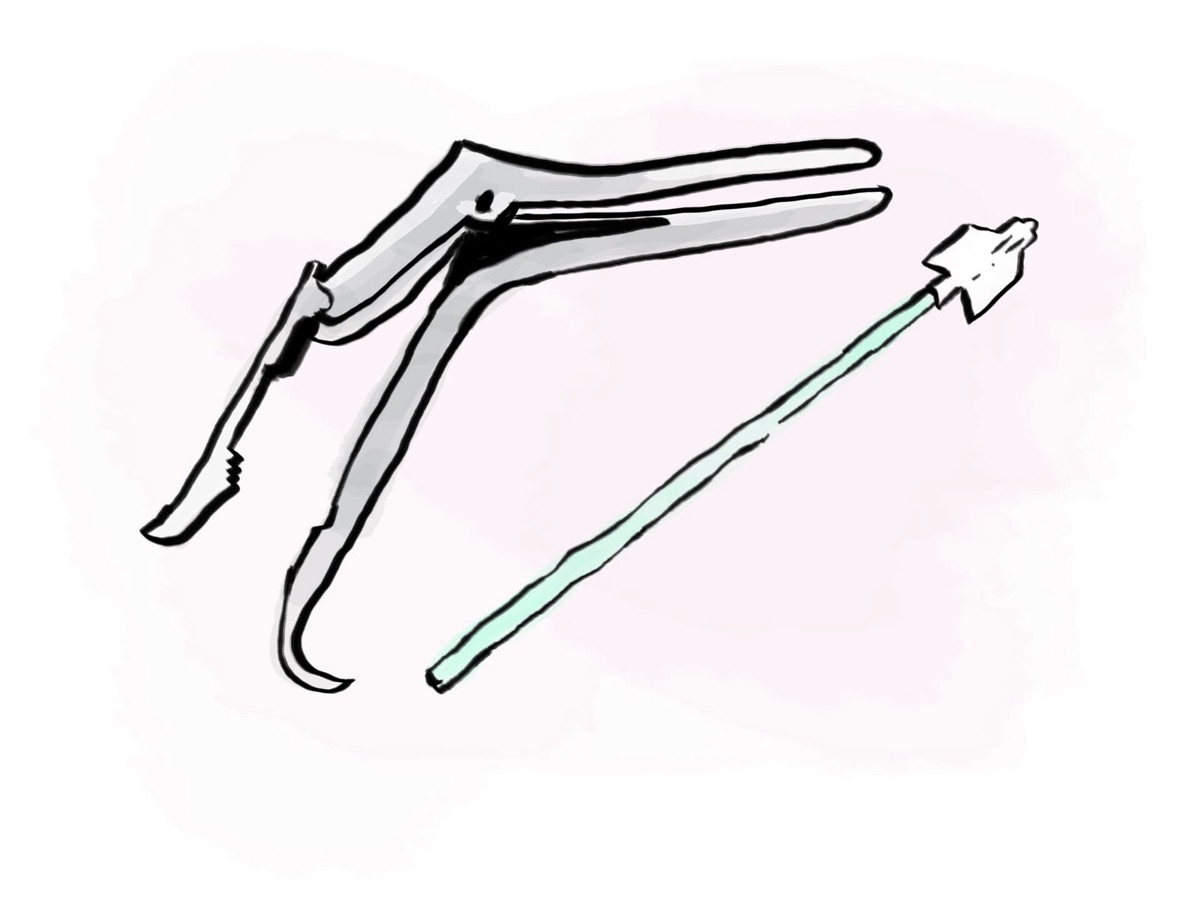Students will be able to receive STI testing, the Gardasil vaccine and renew contraception prescriptions

On Aug. 31, Concordia Health Services hosted a no-charge pap clinic at their SGW campus location.
For those of you with a cervix, a pap test is an important part of regular self-care which helps detect HPV and other changes in your cervical cells that could lead to cervical cancer.
It’s a routine, relatively painless test which only takes a few minutes and could help save your life. So why do so few cervix-owners go for regular checks?
Gabriella Szabo, Health Promotion Specialist at Concordia, is passionate about making sure all women who want to have a pap test done have access to it—that’s where the clinic comes in.
“Quebec has the lowest rate of pap tests in Canada,” Szabo said. For her, that’s why it’s so important to promote cervical health and give access to women who want this care through the clinic.
“We started the initiative last year, and it was very well-received by students and the doctors at Concordia,” she said.
This year, the clinics will take place on a monthly basis. In addition to pap tests, students can receive STI testing, request the Gardasil vaccine, and renew their contraception prescriptions all at the same time.
“Students can make an appointment for a pap test or STI testing anytime, but the clinic guarantees a female physician who is specialized in this field,” said Szabo. “While all our doctors can do these exams at any time, many women just feel more comfortable seeing a female physician.”
Before booking your appointment—whether during the clinic hours or during regular times— Szabo says to keep in mind that the test must be done 10 to 20 days after the first day of your menstrual cycle.
There are some camps that caution against pap smears for young women, citing that they pose more trauma to the cervix than is necessary in a demographic that is traditionally low-risk. Szabo and the team at Concordia Health Services, however, base their practices on the large base of evidence that finds pap tests to be a premier tool in screening for early cancerous cells.
“Santé Québec and Canadian health standards recommend that women 21 years and older get yearly pap tests, but of course it is every woman’s personal choice,” said Szabo.
After several consecutive tests where no changes to cervical cells have been detected, Szabo says that you can then wait two to three years between tests if you so wish.
If the results do show changes in your cervical cells, Szabo councils not to assume the worst right away.
“Changes do not necessarily mean she has cancer,” said Szabo. “Often in young, healthy people, the immune system will fight off the precancerous cells on its own.” Of course, if you do test positive, it is important to consult a physician, she said.
For those under 21 who are sexually active and concerned about their cervical health, it is equally advisable to speak to a health professional to see if a pap test is recommended.
Szabo says vaccines like Gardasil have made a huge difference in lowering young people’s risks for cervical cancer. “However even if you have the HPV vaccine, it is possible to develop changes against those strains not protected by Gardasil,” she said.
The pap clinic is located at the GM building, 1500 de Maisonneuve W., in room 200. Appointments must be booked ahead of time as space is limited. For more information or to book an appointment, visit Concordia’s website.
Edit: A previous version of the article misstated a quote by Szabo saying, “many women just feel more comfortable seeing a female gynecologist”; this has since been changed to say a “female physician.” The previous article also stated that Szabo said women can “wait three to four years between tests” which has now been changed to “two to three years.” We regret the error.




